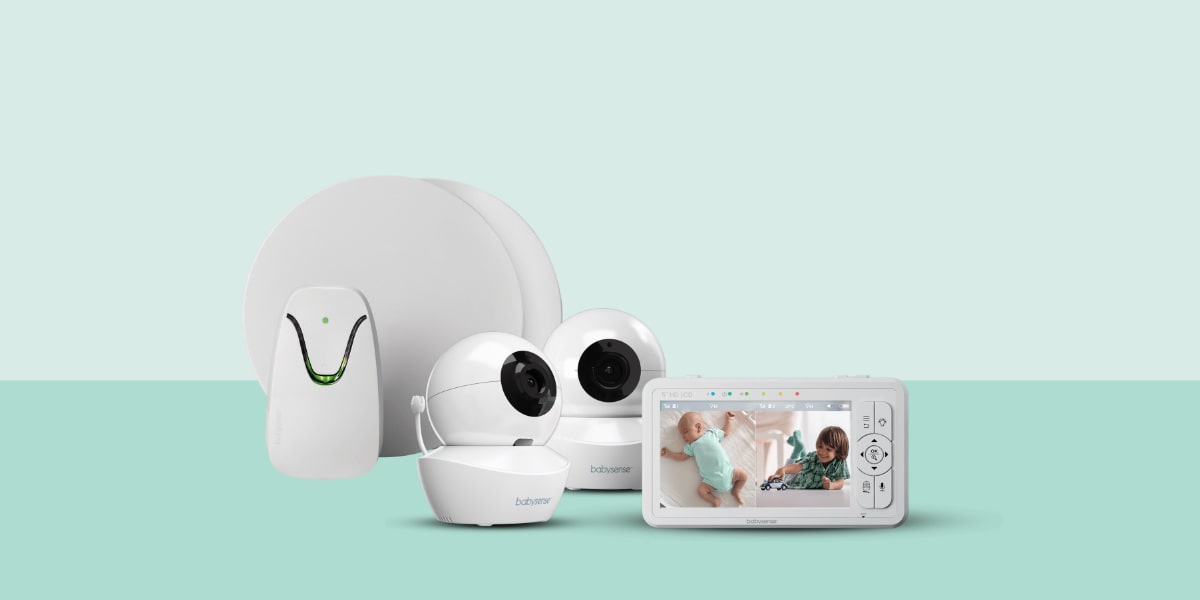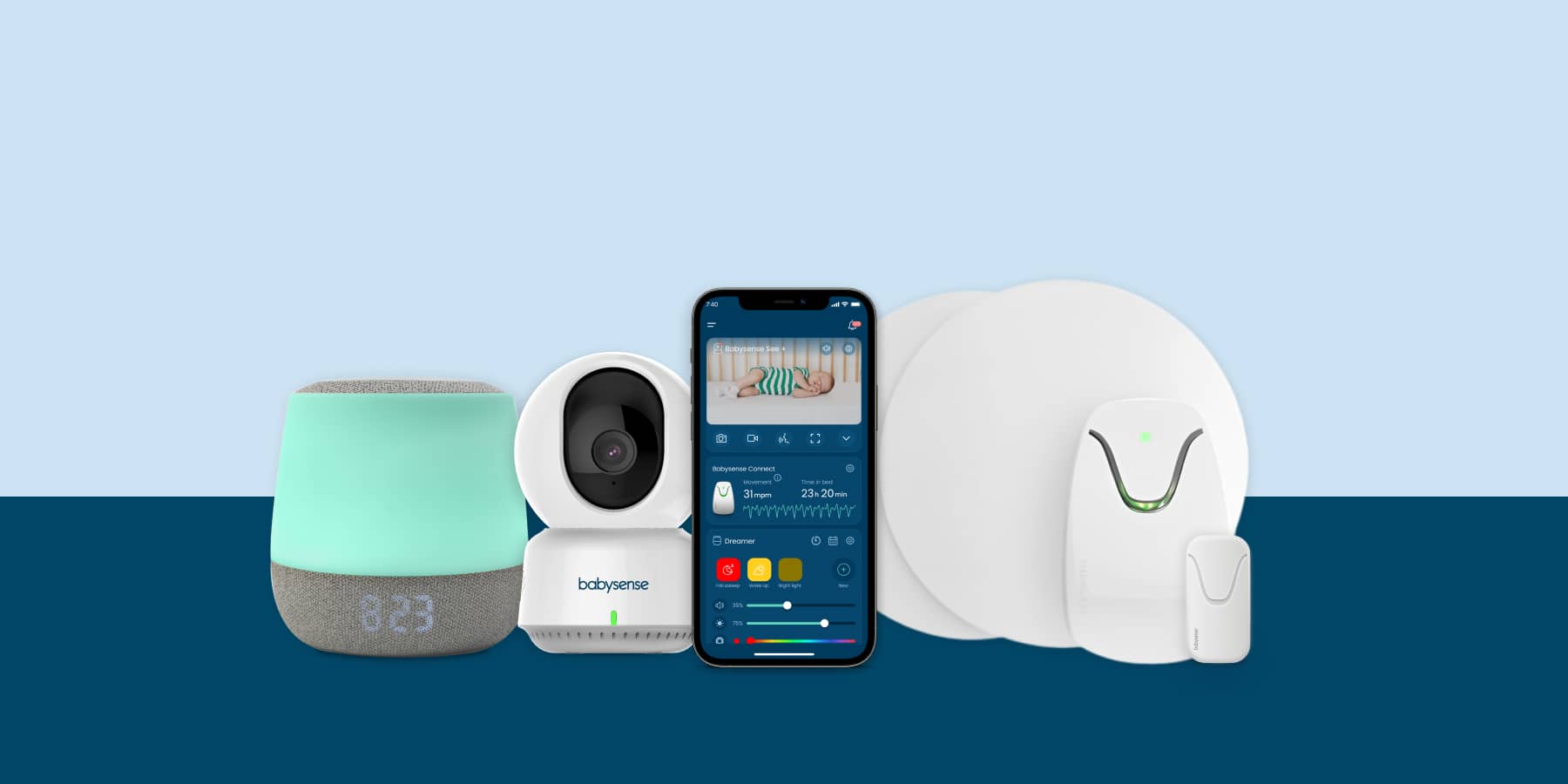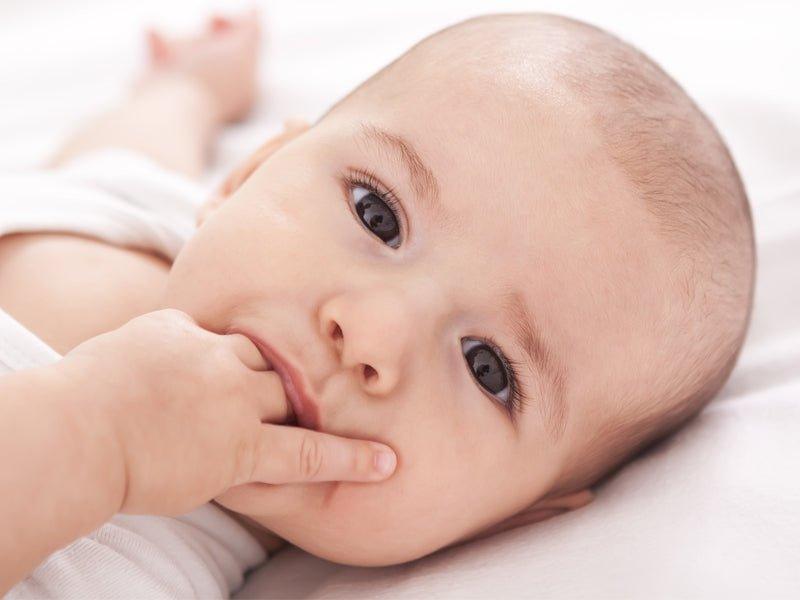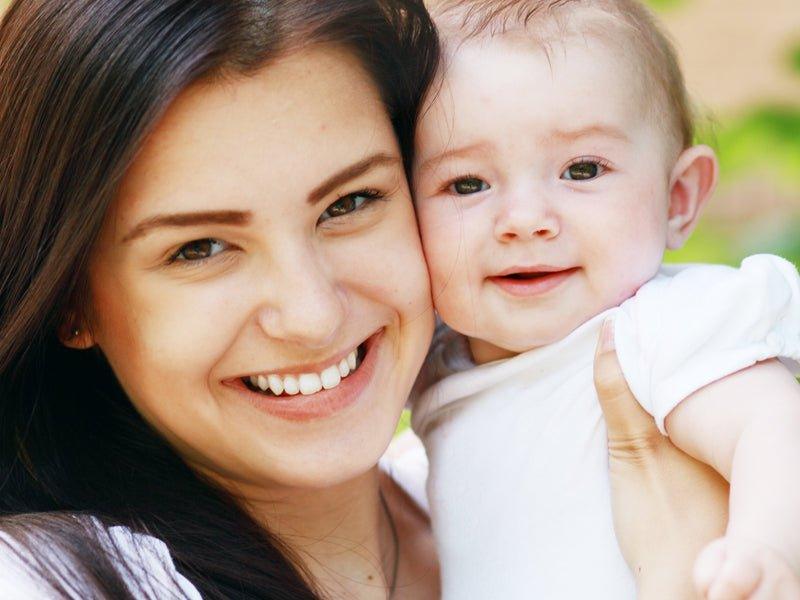Are you anxious the minute your baby goes to sleep that you may not hear her cry for comfort or food? Have you found yourself standing over her crib checking that she is breathing on your way to bed at night? Or felt that cold sweat as you awake from a dead sleep at 2am to rush through and check your little one is all right? If you have, you are in good company. We all want to be sure we meet our baby’s needs timeously and that our babies are safe as they sleep at night.
There are a variety of baby monitors; some baby monitors only monitor sounds and cries, while others monitor breathing.
Different Types
- A sound monitor using a radio transmitter, when placed near your baby this transmitter will broadcast the sounds she makes. By keeping the corresponding radio transmitter near you, you will be alerted and can respond when your baby cries.
- A video baby monitor, shows you your baby as she sleeps so when she cries, you can see if there is a specific need or if she is simply calling out in her dreams.
- A smart phone Ap – these new recently emerging systems alert you on your smart phone, if your baby wakes and needs you. Some even feature video coverage.
- Breathing monitor. To monitor breathing, these systems may use a mat, placed under the baby to perceive the breaths or may use a clip-on device that monitors the movement of the tummy against the nappy (diaper) with each breath. An alarm sounds if your baby has not breathed for a while.
The benefits
Baby monitors hold value in many cases including:- You can hear your baby when she needs you or needs a feed at night even if you are quite a distance from her room
- If your baby is ill or was born you may be advised to monitor her breathing or to respond rapidly if she calls for you.
- If your baby suffers sleep apnea (abnormal pauses in breathing whilst asleep) a breathing monitor becomes an essential tool to warn you if your baby stops breathing.
The downside
While baby monitors do hold value they also do come up for criticism:- Parents may become more anxious, especially if a breathing monitor has frequent false alarms. In this case, the parent is woken more than they should be and becomes overly concerned.
- In the long run, some research has indicated that baby monitors contribute to poor sleep habits as parents become hypervigilant and respond to their baby’s every sound, which means your baby may not sleep well at night and has less chance of learning to self settle when in light sleep states at night.
- Monitors may also give a false sense of security; leading parents to feel they do not have to self monitor their babies if the baby monitor is on.
In a nutshell
Like all parenting choices, this one is up to you but the following are sense-able guidelines:- Do use a breathing monitor if your baby has sleep apnea or has a history of breathing problems.
- Baby breathing monitors are expensive and may be an unnecessary outlay. It is not necessary for healthy babies to have their breathing monitored, unless you are instructed to do so by her doctor.
- Sound monitors hold value if your baby’s room or sleep space is far from your living space. Use a sound monitor to hear when she cries.
- If your bedroom is right next door to your baby’s sleep space, it is not necessary to use a sound monitor once you go to bed– you will hear your baby if she cries and will wake up.
- If you can hear your baby’s cry without a monitor, don’t use one as this will over alert you to the noisy baby sounds she makes, to which you need not respond.
- If you choose to use a (sound) baby monitor and you hear your baby, respond by listening first. Decide if the sounds are sleepy sounds and niggles or if she crying and in need of intervention. If there is no urgent need, don’t go to her for 5 minutes – this allows your little one to learn to settle herself at night.








